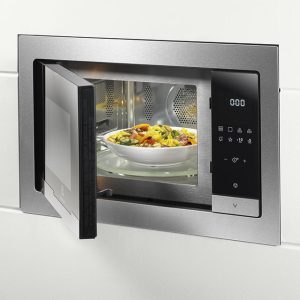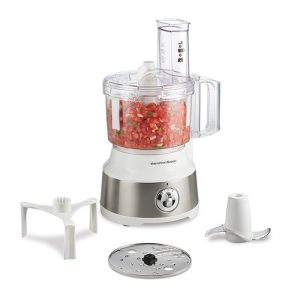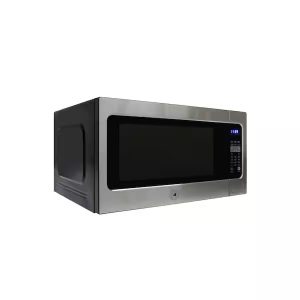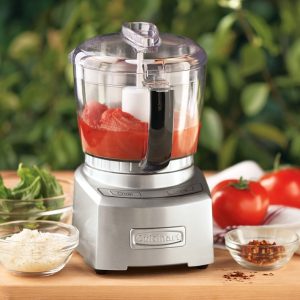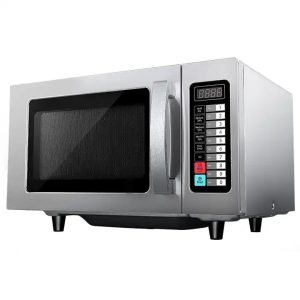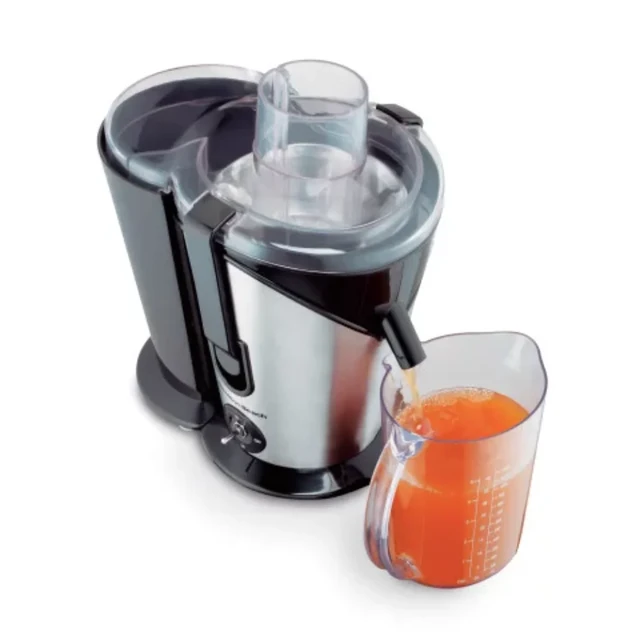
Introduction
Choosing the best juicer for home use can be a daunting task, given the numerous options available in the market. Different types of juicers offer unique features and functionality, making it important to consider your specific juicing needs and preferences. In this guide, we will explore the various types of juicers and discuss their advantages, drawbacks, and suitability for home use. By understanding the characteristics of each type, you can make an informed decision and select the best juicer that aligns with your requirements.
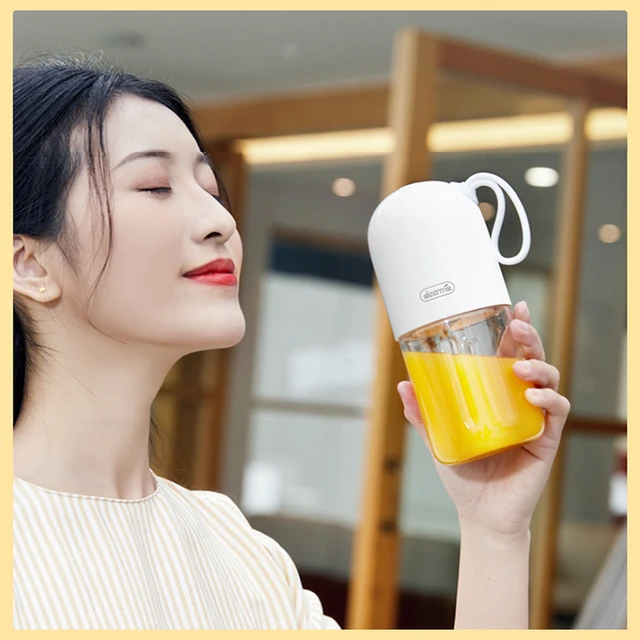
Which type of juicer is best for home use?
Centrifugal Juicers
1.1. Fast and Efficient Juicing
Centrifugal juicers are popular for their speed and efficiency. They work by using a high-speed spinning blade to extract juice from fruits and vegetables. The centrifugal force generated by the spinning motion separates the juice from the pulp, allowing for quick extraction.
1.2. Suitable for Hard Produce
Centrifugal juicers are particularly effective in juicing hard fruits and vegetables such as apples, carrots, and beets. Their powerful blades and high-speed operation can easily break down and extract juice from these ingredients.
1.3. Less Effective for Leafy Greens
While centrifugal juicers excel in juicing hard produce, they are less effective in extracting juice from leafy greens such as spinach or kale. The high-speed spinning action may not fully extract the juice from these fibrous ingredients, resulting in lower yield and potentially wet pulp.
1.4. Easy to Use and Clean
Centrifugal juicers are generally easy to use and clean. They often come with a wide feed chute, allowing for whole or large pieces of produce to be juiced without pre-cutting. However, their fast operation can sometimes lead to splattering and require more thorough cleaning.
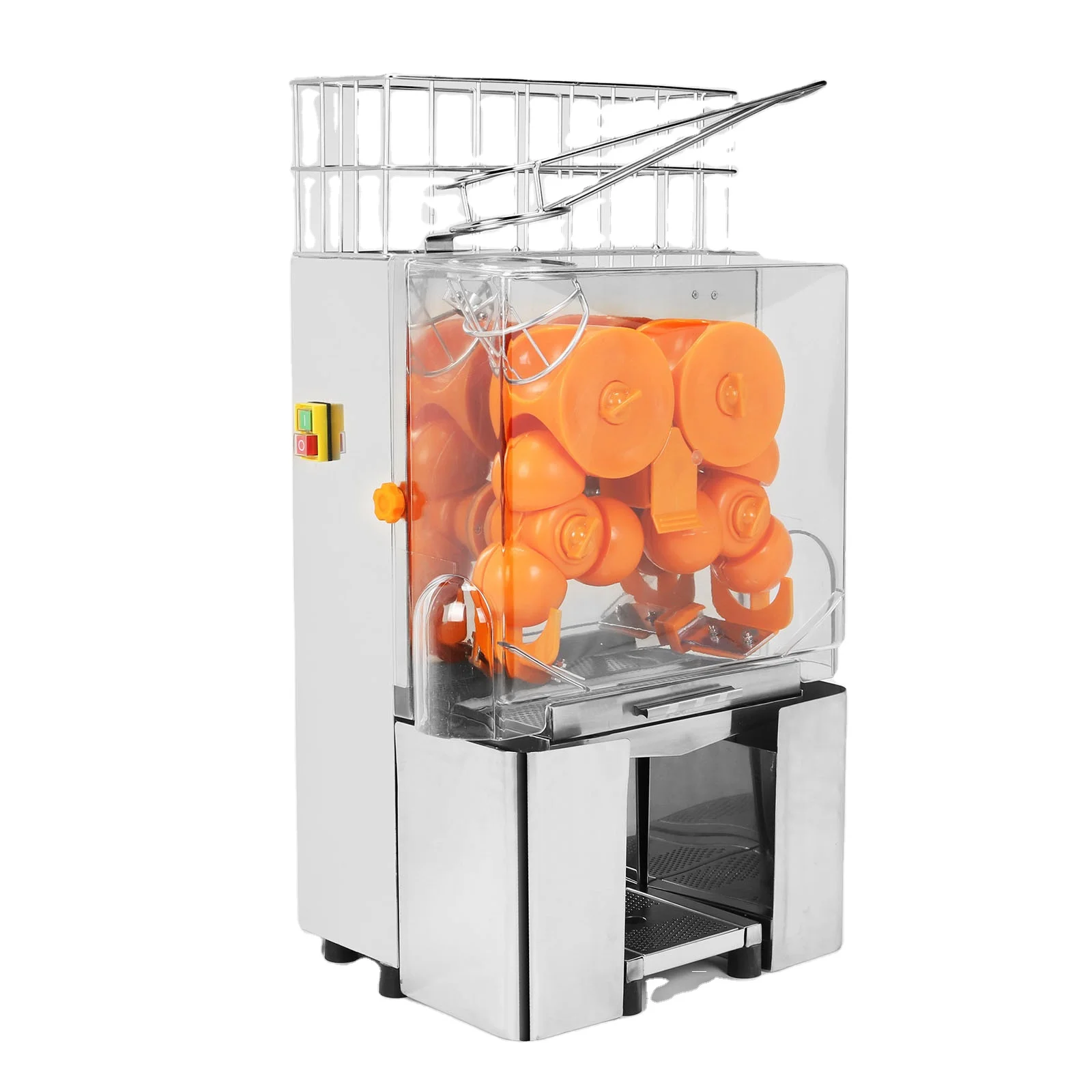
Masticating Juicers
2.1. Gentle and Slow Juicing
Masticating juicers, also known as slow juicers or cold-press juicers, operate at a slower speed compared to centrifugal juicers. They use a chewing or grinding action to extract juice from fruits and vegetables, resulting in minimal heat generation and oxidation.
2.2. Efficient Extraction of Nutrients
Masticating juicers are known for their ability to extract a high yield of juice while preserving the nutrients and enzymes in the produce. The slow and gentle process minimizes heat buildup, ensuring that the juice retains its nutritional value.
2.3. Suitable for Leafy Greens and Soft Fruits
Masticating juicers are highly effective in juicing leafy greens, as their slow chewing action can extract juice from fibrous ingredients more thoroughly. They are also suitable for juicing soft fruits, producing smooth and pulp-free juice with great yield.
2.4. Versatility and Multi-functionality
Masticating juicers often come with additional attachments and functions, allowing them to go beyond juicing. They can be used to make nut butter, baby food, sorbets, and even pasta. This versatility makes them a valuable appliance for various kitchen tasks.
2.5. Longer Juicing Process and Cleaning Time
One drawback of masticating juicers is their slower operation compared to centrifugal juicers. The extraction process can be more time-consuming, especially when juicing large quantities. Additionally, the cleaning process for masticating juicers may require more effort and time due to their additional components and parts.

Citrus Juicers
3.1. Dedicated for Citrus Fruits
Citrus juicers are specifically designed for juicing citrus fruits such as oranges, lemons, and grapefruits. They feature a reamer or cone that extracts juice by pressing down on the cut fruit and rotating it against the cone.
3.2. Efficient Juice Extraction
Citrus juicers are highly efficient in extracting juice from citrus fruits, providing a high yield with minimal effort. Their design ensures that the juice is extracted while keeping the seeds and pulp separate.
3.3. Simple and Easy to Use
Citrus juicers are straightforward and easy to use, with a simple operation of pressing down on the fruit against the reamer or cone. They are often compact and require little counter space, making them ideal for small kitchens.
3.4. Limited to Citrus Fruits
One limitation of citrus juicers is that they are dedicated to juicing only citrus fruits. They may not be suitable for juicing other types of produce. If you primarily consume citrus juices, a citrus juicer can be a great addition to your kitchen.
Twin Gear Juicers
4.1. Efficient Extraction and Nutrient Retention
Twin gear juicers, also known as triturating juicers, offer exceptional juice extraction and nutrient retention. They utilize two interlocking gears that crush and grind the produce to extract juice. The slow and meticulous process ensures maximum yield and nutrient preservation.
4.2. Suitable for All Types of Produce
Twin gear juicers are highly versatile and can handle a wide range of produce, including hard fruits, leafy greens, and even wheatgrass. Their superior extraction capabilities make them a popular choice for juicing enthusiasts who demand high-quality juice from various ingredients.
4.3. Multi-step Juicing Process
The operation of twin gear juicers involves multiple steps, including crushing, grinding, and squeezing. As a result, the juicing process can be slower compared to other types of juicers. However, the exceptional juice quality and extraction yield make it worth the extra time and effort.
4.4. Larger Size and Complexity
Twin gear juicers tend to be larger in size and more complex in design compared to other juicer types. They often require more assembly and disassembly for cleaning, which may be slightly more time-consuming. However, their advanced functionality and juice quality make them a preferred choice for serious juicing enthusiasts.
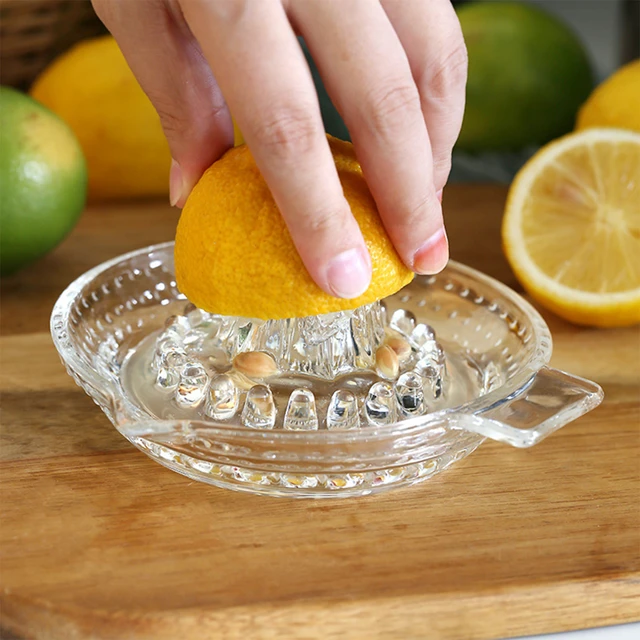
Considerations for Home Use
5.1. Frequency of Use
Consider how often you plan to use the juicer. If you are a daily juicer, investing in a high-quality juicer with efficient extraction and easy cleaning features is recommended. For occasional juicing, a more basic juicer may suffice.
5.2. Types of Produce
Take into account the types of produce you intend to juice. If you primarily juice hard fruits and vegetables, a centrifugal juicer may be suitable. If you prefer leafy greens or a variety of produce, a masticating or twin gear juicer offers better extraction and versatility.
5.3. Budget
Set a budget for your juicer purchase. Centrifugal juicers are generally more affordable, while masticating and twin gear juicers tend to be pricier due to their advanced features and functionalities. Consider your budget and desired features to find the best juicer within your price range.
5.4. Kitchen Space
Evaluate the available counter space in your kitchen. Centrifugal juicers are often compact, making them suitable for smaller kitchens. Masticating and twin gear juicers are typically larger and may require more dedicated space.

Conclusion
When it comes to choosing the best juicer for home use, it is important to consider your specific needs, preferences, and the types of produce you plan to juice. Centrifugal juicers offer fast operation and are suitable for hard fruits and vegetables, while masticating juicers provide efficient extraction, versatility, and the ability to juice leafy greens. Citrus juicers are dedicated to citrus fruits, while twin gear juicers offer superior extraction and nutrient retention for a wide range of produce. Consider factors such as frequency of use, types of produce, budget, and kitchen space when making your decision. By understanding the advantages and drawbacks of each juicer type, you can select the best juicer that meets your juicing needs and enhances your home juicing experience.
